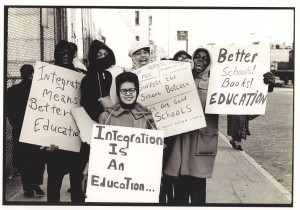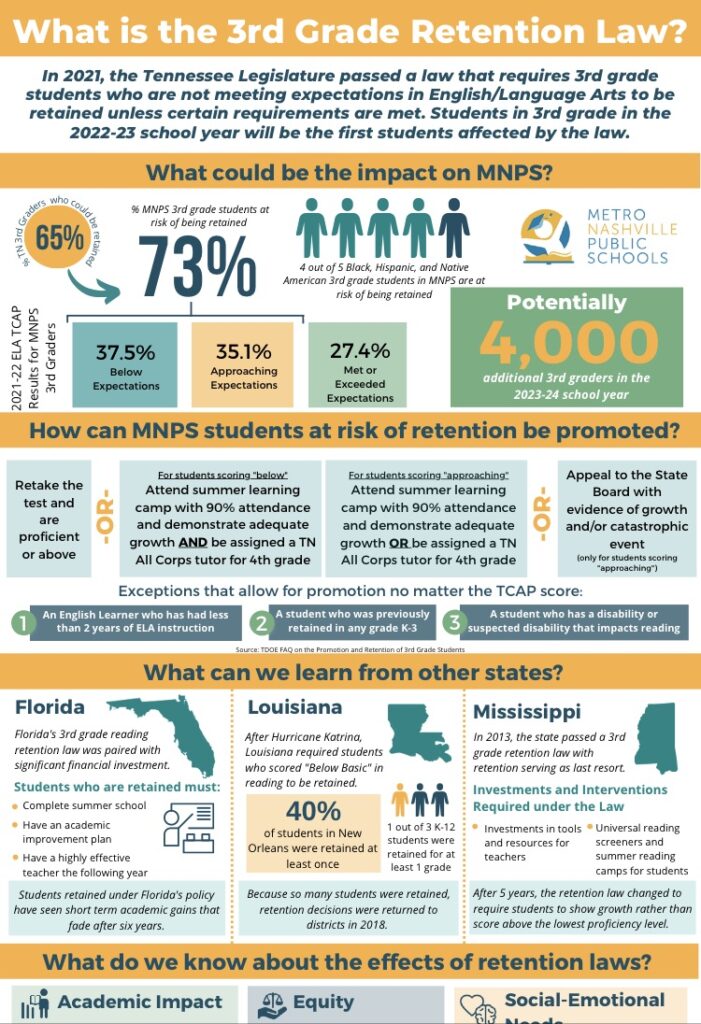 No one talks much about segregation anymore, which is a shame since America (and especially the South) has been steadily been re-segregating its schools over the last few decades. The re-segregation is a consequence of a lot of things, including (chiefly) the Supreme Court’s Seattle/Louisville decision, many districts (like Nashville) coming into unitary status, and a decline in satisfaction with busing.
No one talks much about segregation anymore, which is a shame since America (and especially the South) has been steadily been re-segregating its schools over the last few decades. The re-segregation is a consequence of a lot of things, including (chiefly) the Supreme Court’s Seattle/Louisville decision, many districts (like Nashville) coming into unitary status, and a decline in satisfaction with busing.
It turns out (surprise!), that this is not a good thing. There’s a lot of discussion nationally (and locally) about diversity as an important goal, but almost no focus on why it’s so important.
Turns out, diversity (and integration) makes you smarter (and more empathetic, and more well-rounded, and better adjusted . . .). We should be having this conversation, but we aren’t.
Via Scientific American, “How Diversity Makes Us Smarter”
The fact is that if you want to build teams or organizations capable of innovating, you need diversity. Diversity enhances creativity. It encourages the search for novel information and perspectives, leading to better decision making and problem solving. Diversity can improve the bottom line of companies and lead to unfettered discoveries and breakthrough innovations. Even simply being exposed to diversity can change the way you think. This is not just wishful thinking: it is the conclusion I draw from decades of research from organizational scientists, psychologists, sociologists, economists and demographers.
Via The New York Times, “Diversity Makes You Brighter”
The findings were striking. When participants were in diverse company, their answers were 58 percent more accurate. The prices they chose were much closer to the true values of the stocks. As they spent time interacting in diverse groups, their performance improved.
In homogeneous groups, whether in the United States or in Asia, the opposite happened. When surrounded by others of the same ethnicity or race, participants were more likely to copy others, in the wrong direction. Mistakes spread as participants seemingly put undue trust in others’ answers, mindlessly imitating them. In the diverse groups, across ethnicities and locales, participants were more likely to distinguish between wrong and accurate answers. Diversity brought cognitive friction that enhanced deliberation.
The bottom line is that, except for a few isolated cases (good job, Rutherford County!), we’re not taking integration seriously as a lever of reform/school improvement.
We should be.
A version of this post appeared on the Nashville Jefferson tumblr page
Further reading:

